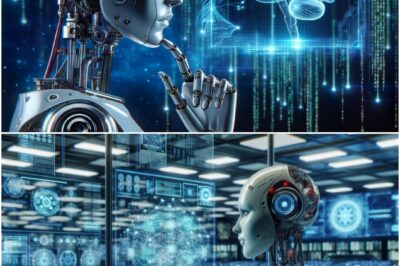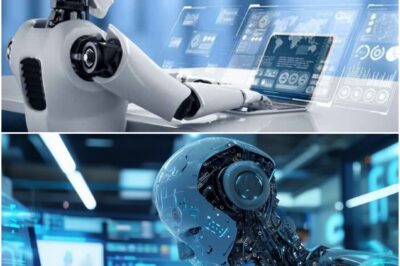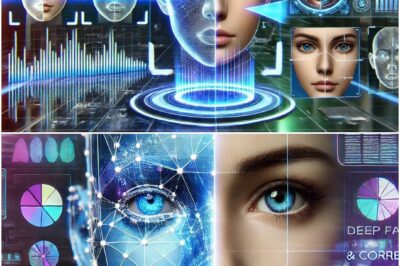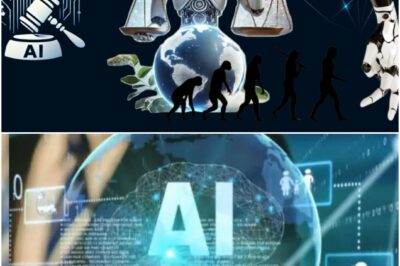For billions of years, evolution shaped life through randomness. Now, humans are editing nature with precision.
Synthetic biology is the art of designing organisms from scratch — programming DNA the way we once programmed computers. In Boston labs, scientists are creating bacteria that eat plastic. In Japan, algae engineered with artificial genes generate clean hydrogen. Somewhere in California, startups are printing synthetic meat without a single cow.
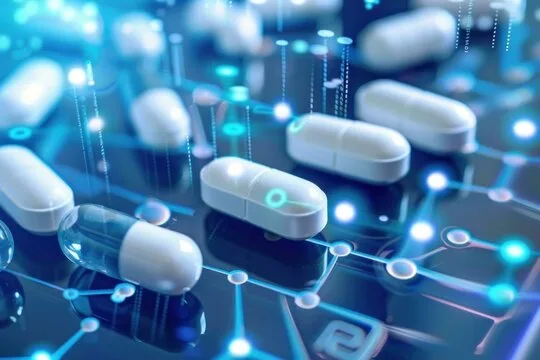
The implications are staggering. Diseases could be edited out of existence. Crops could survive droughts. But so could weaponized viruses. Biology has become both paintbrush and loaded gun.
The next big leap is biocomputing — using living cells to process information faster than silicon chips ever could. Imagine a bacterium that runs algorithms, or a neuron network that stores data organically.
The line between life and machine is blurring — not metaphorically, but chemically. Humanity is writing new chapters of evolution, and this time, we’re holding the pen.
News
The Ghost in the Machine: When Artificial Intelligence Starts Asking Who It Is
There’s a strange hum in the background of modern civilization. It’s the sound of millions of processors thinking — not…
Robotics Gets Emotional: The Quest to Build Machines That Feel
Robots can walk, talk, and even dance — but can they care?The next frontier of robotics isn’t physical dexterity; it’s…
Deepfake Nation: When Reality Itself Becomes Editable
In 2025, truth no longer needs to be destroyed — it just needs to be remixed.Deepfakes have evolved far beyond…
The Blockchain Beyond Crypto: The Quiet Revolution You Missed
Crypto made headlines — but blockchain’s real revolution was never the coins. It’s the infrastructure beneath them. Think of blockchain…
The AI Arms Race in Education: Learning Without Teachers?
In classrooms from California to Seoul, students are learning from something that isn’t human. AI tutors are grading essays, generating…
Edge Computing: The Cloud Comes Down to Earth
For years, we sent our data to “the cloud” — massive data centers miles away, humming with heat and latency….
End of content
No more pages to load

